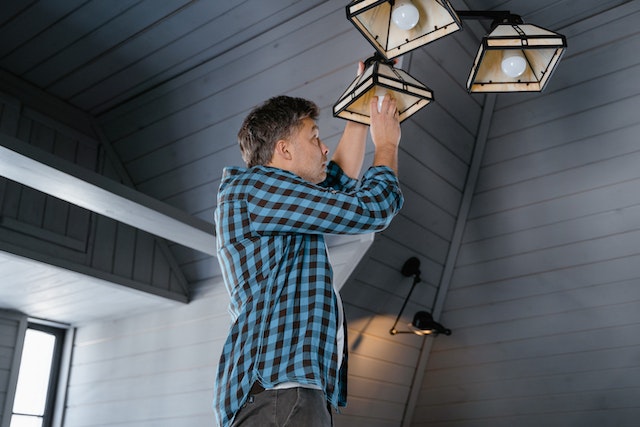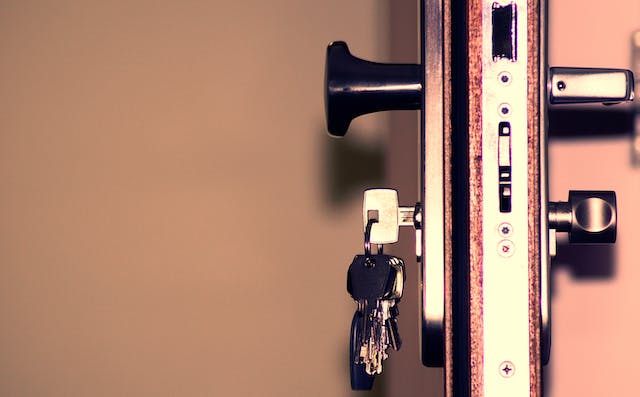It may also have a detrimental effect on your rapport with your tenants. The professionals at Envy Property Management will cover all the information you need to know about the implied covenant of quiet pleasure.
What Is an “Implied Covenant”?
An implied covenant is generally an agreement that is not expressly written down in the lease contract. Still, this must be honored by the landlords. They cannot request the tenants to waive this covenant even when it is not specifically mentioned in the written lease.
What Is “Quiet Enjoyment”?
Tenants have rights as covered by the lease and these include:
- Living in a safe and comfortable residence
- Living in a peaceful and quiet environment
It can be a challenge to come up with a single definition of “quiet enjoyment” since situations can be on a case-to-case basis. What may be defined as quiet for one party may not be quiet for another since this can be a relative concept.

To simplify, the covenant of quiet enjoyment refers to ensuring that your tenants are not disturbed while residing in your property.
Here are some tenant rights that the lease agreement extends:
- Ability to live in reasonable peace and feel comfortable in the privacy of the rental space. Landlords must protect this peace and quiet and ensure minimal disturbance to their tenant’s peace and privacy.
- Have exclusive use of the rental property, unless the landlord needs to enter the property to conduct repairs, for an emergency, or a court order.
- Reside in a safe and secure rental property, so as a landlord, you must always prioritize your tenants’ safety and set up security tools and equipment in place.
- Supply basic amenities that make a rental space livable for the tenants. You must provide a steady water supply, sufficient heat and cooling systems, and stable electricity.
When Can Landlords Enter the Property?
Typically, landlords can enter during:
- The end of the tenancy since they must perform a move out inspection to gauge if there are damages outside normal wear and tear that tenants must pay for. If damage is present, then the landlord can deduct the cost of repair from the security deposit.
- Scheduled repair sessions to ensure that the property is safe and comfortable for the tenants.

- Periods of renovation so rental improvements are carried out properly.
- Service setups to cater to the tenant requests of internet or cable TV connections. A renter may have a preferred service provider that’s different from the one the landlord offers.
- A time of eviction with a law enforcement personnel by their side
- A period of property abandonment by a tenant who moved out without informing the landlord of their return
- A court order issue
- A planned property showing for potential tenants, lenders, and buyers when the current renter does not wish to renew the tenancy.
It’s important to know when the tenant is allowing you the right to enter the rental space since some states provide specific time periods. Generally, it’s acceptable to go between 9am to 6 pm. But this can be a flexible time as long as both parties agree.
However, during an emergency, landlords can enter the rental unit to handle fire, flooding, or gas leaks as this is an urgent situation and must be dealt with immediately.
Typical Violations of the Covenant of Quiet Enjoyment
The covenant of quiet enjoyment can be breached when a landlord:
- Does not notify the tenant of when they are coming
- Goes inside the property too often

- Snoops around the property and tenant’s possessions
- Harasses the tenant in person or by phone, email, text, etc.
- Fails to control noise and disturbances
- Ends or restricts essential service systems like electricity and water
- Is unable to deliver on promised items and services written in the lease agreement
- Unable to coordinate property repairs that affect a tenant’s safety and keeps the unit from being a livable or comfortable place of residence
- Does not allow a renter to enjoy the rental space by limiting guests or banning parties or entertaining of guests
When Are Disturbances to a Tenant’s Quiet Enjoyment Acceptable?
Violating peace and quiet can be acceptable for specific and unrepeated situations, such as
- Exposure to the sound of crickets and birds
- Hearing the footsteps of other tenants on the upper floors
- Calling the renter or visiting them to collect the rental payment
- Conducting property repair tasks as part of the landlord’s duties to maintain the rental property
Are Tenants Obligated to Adhere To Noise Ordinances?
It is expected for the tenant to comply with the laws and noise ordinances. They must also honor the other tenants’ right to peace and quiet while staying in the rental space.

However, even if no signed lease exists between tenants and their neighbors, if the tenants cause disruptions, it can still lead to being reported by the neighbors.
Bottom Line
Part of being a landlord is being well-versed in the covenant of quiet enjoyment even if this is just implied since every renter deserves the right to peace and quiet enjoyment.
Are you interested in knowing more about Utah’s implied covenant of quiet enjoyment? Speak with Envy Property Management right now! We can support you in keeping your tenants happy and your investment safe.

